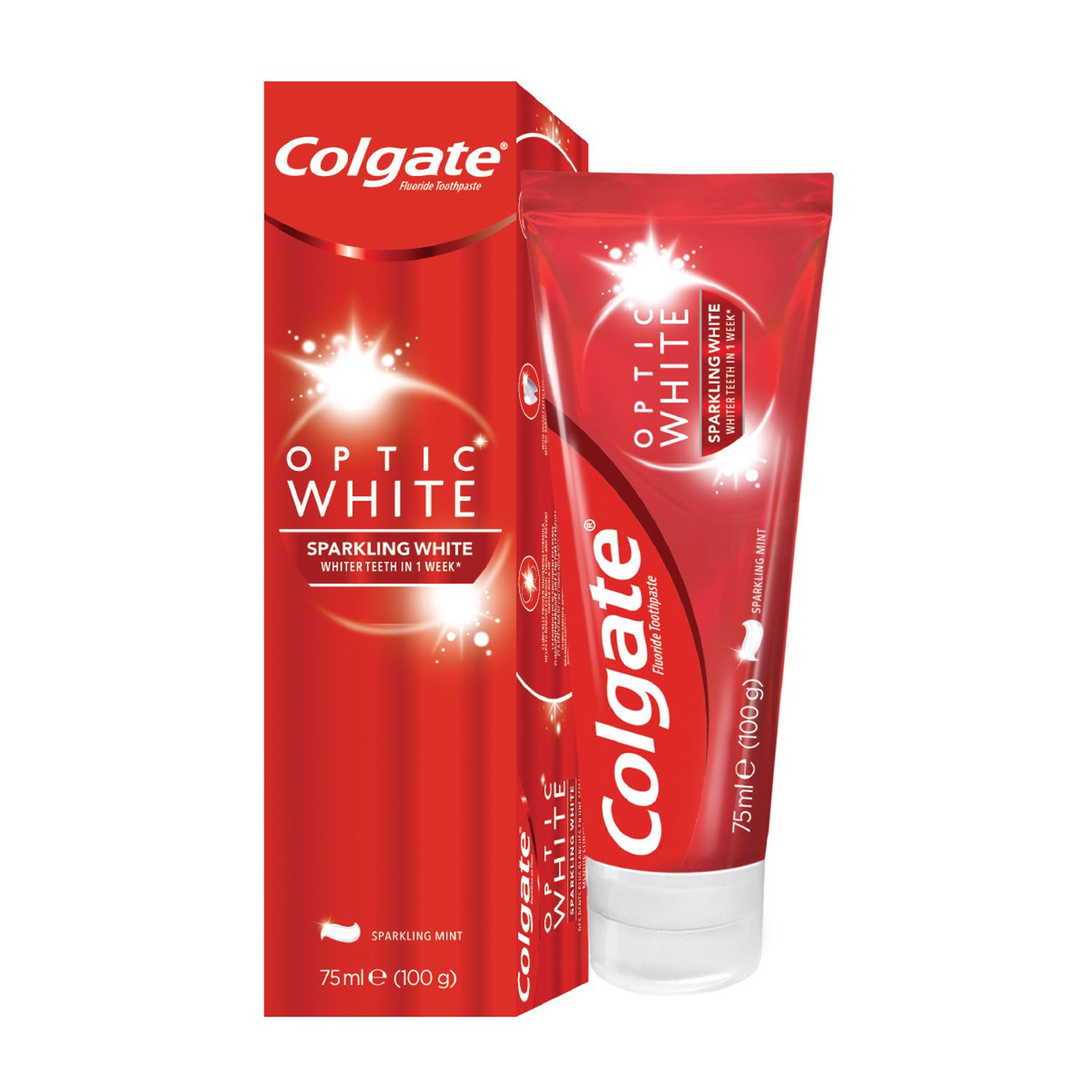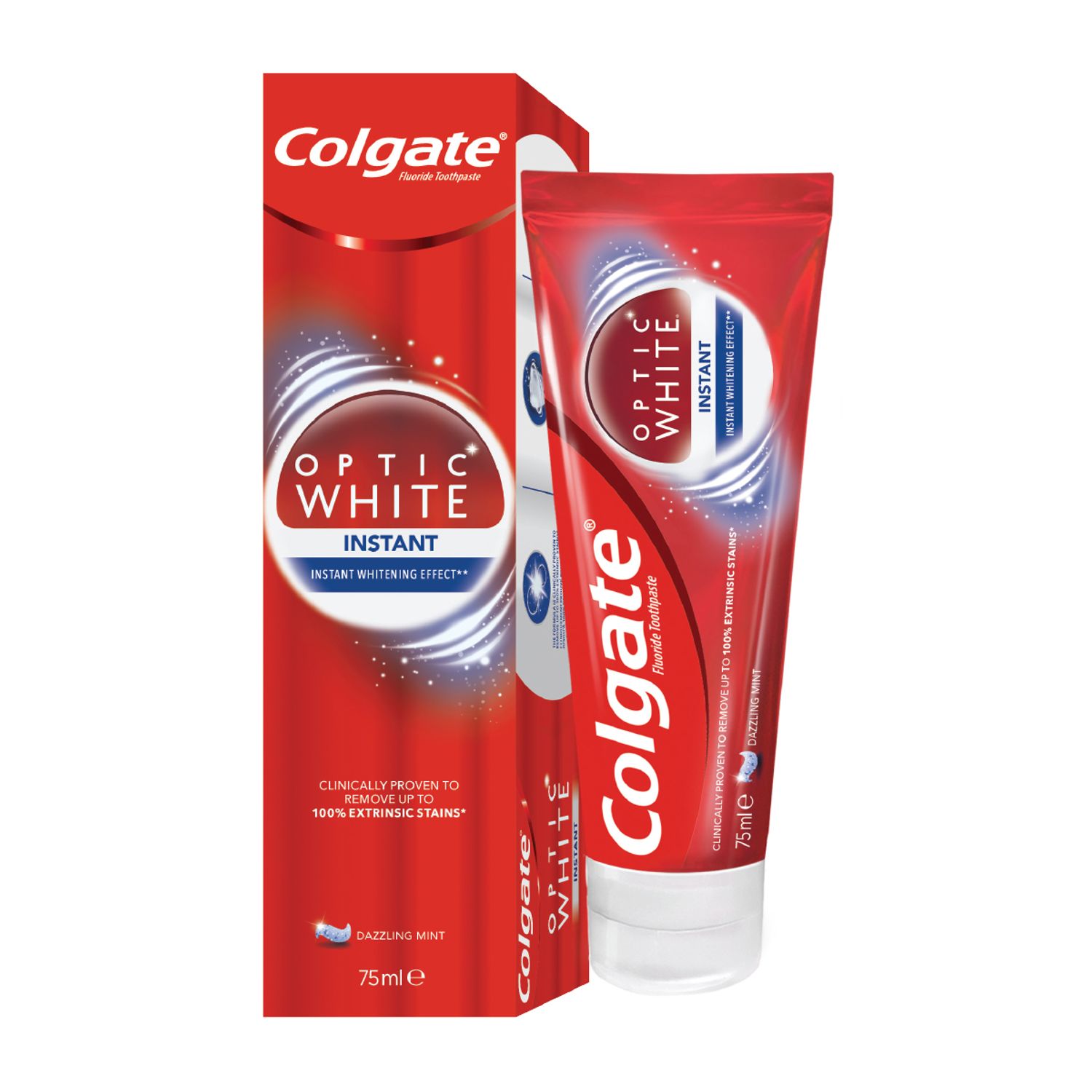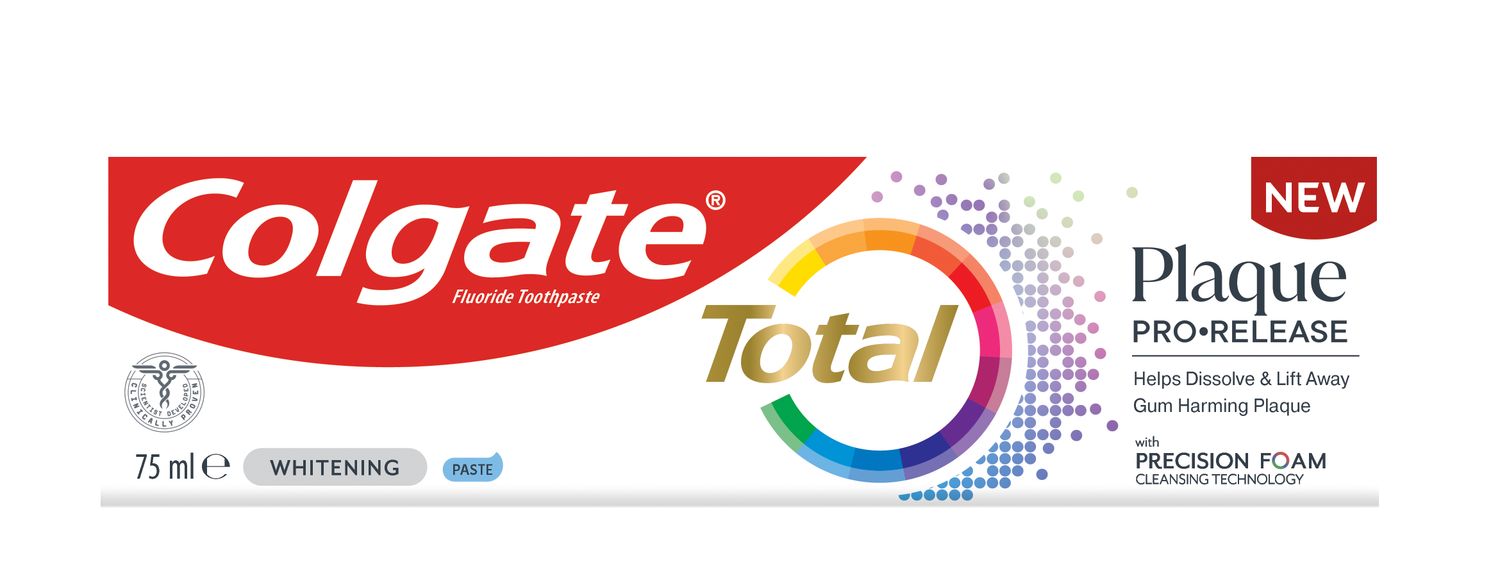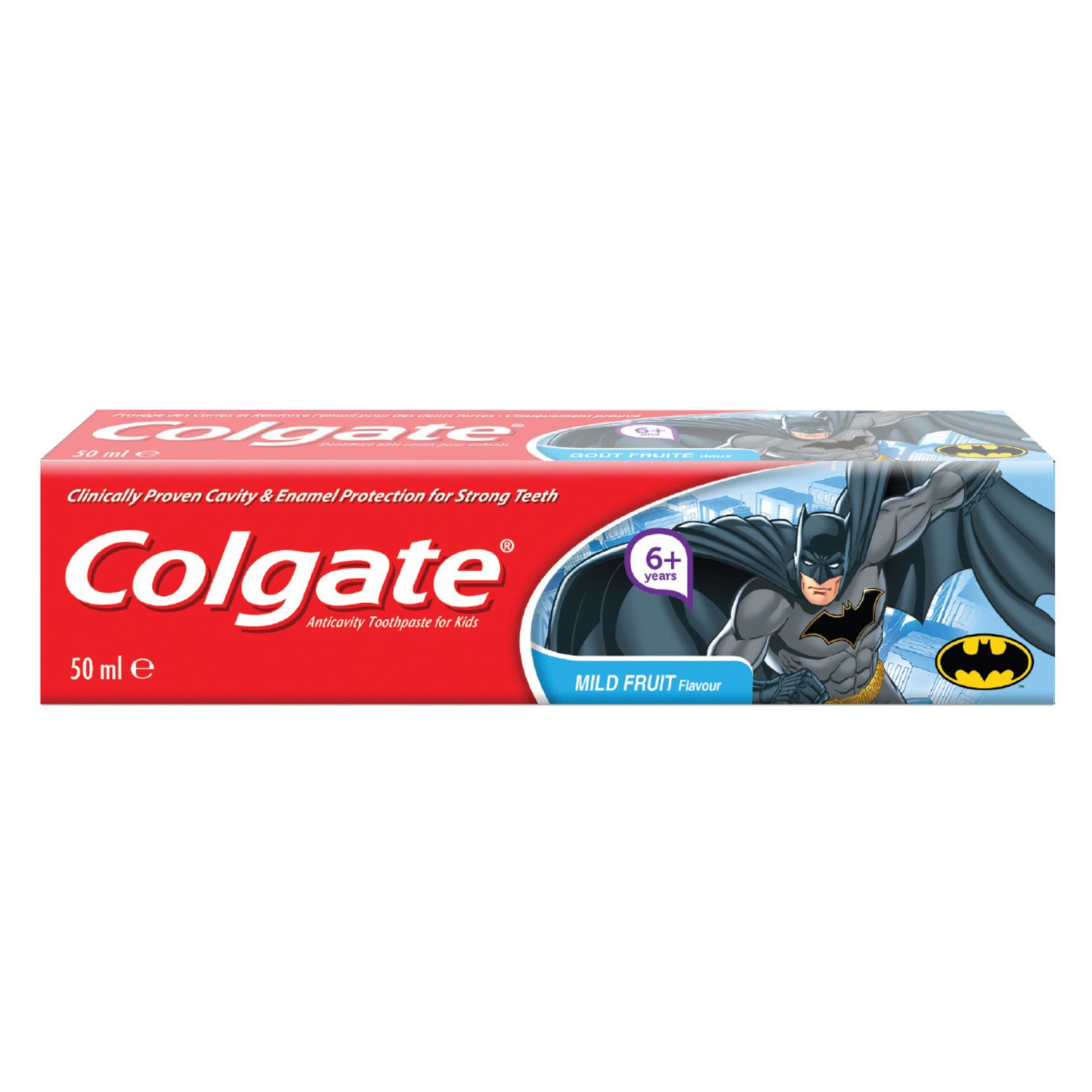-
-

CAVITIES
Can You Heal A Cavity At Home?You feel a sharp pain when you bite down or try to eat. You think it's a cavity, but you're not 100 percent sure...

BAD BREATH
How To Cure Bad BreathMore commonly known as bad breath, halitosis is an embarrassing hygiene issue that nobody wants, but some of us get every now and then...
-
Science & Innovation
- Colgate® | Toothpaste, Toothbrushes & Oral Care Resources
- Oral Health
- What Causes Sensitive Teeth?


If you avoid eating cold foods or drinking hot beverages because your teeth are sensitive, it may be time to get to the bottom of this painful condition. Tooth sensitivity affects millions of South Africans every year. So what causes sensitive teeth? Any number of underlying dental problems, and a diagnosis starts with your dentist.
Origin of Dentin Hypersensitivity
The inside of your tooth is primarily made up of a material called dentin, which contains microscopic tubules filled with tiny nerve endings. A hard outer layer of enamel protects the dentin within the crown portion of your tooth, and the dentin extending down to the root of your tooth is protected by a layer of cementum. Dentin hypersensitivity or nerve irritation occurs whenever dentin loses its protective covering of enamel or cementum, exposing the nerve endings to hot, cold, acidic or sticky foods. Ouch!
Causes of Sensitive Teeth
Sensitive teeth can be caused by the following dental issues:
- Worn tooth enamel from using a hard toothbrush and using a hard grip while brushing aggressively.
- Tooth erosion due to highly acidic foods and beverages.
- Tooth decay, worn leaky fillings and broken teeth that expose the dentin of your tooth.
- Gum recession that leaves your root surface exposed.
- Grinding your teeth at night.
- Post dental treatment sensitivity – common, but temporary, especially with procedures such as crowns, fillings and tooth bleaching.
Preliminary Dental Treatment
Having a conversation with your dentist is the first step in finding relief from your discomfort. Describe your symptoms, tell your dentist when the pain started and let him or her know if there's anything that normally makes it feel better, such as warm compresses.
After your dentist determines the reason for your sensitivity, he or she will treat the underlying cause. Treatment may be as simple as fixing a cavity or replacing a worn filling. However, if your discomfort comes from gum loss exposing root surfaces, your dentist may suggest a gum graft that a periodontist would conduct to protect the root surface and support of the tooth.
Desensitizing Products
Even in situations where there is no obvious cause for your pain, there are numerous treatments to help you manage the sensitivity. Your dentist can apply an in-office fluoride gel to strengthen the tooth enamel and reduce painful sensations, while over-the-counter desensitizing toothpastes can block off the nerve endings in the exposed dentin. Toothpaste should be used on a regular basis and your dentist may suggest that you rub some of the toothpaste directly on the affected areas after toothbrushing.
What causes sensitive teeth is a mystery you can solve with some input from your dentist. So if you've been suffering with painful sensitivity that keeps you from eating the foods you love, make an appointment with your dentist today – and you may be eating ice cream tomorrow.
Related Articles

It's no fun when teeth can't handle cold temperatures, but when you have a tooth sensitive to pressure, there could be more structural issues at play.

Learn more about teeth sensitivity. Find out how teeth sensitivity is caused, and how you can not only treat sensitivity, but prevent it in the future.

Related Products

Helping dental professionals
More professionals across the world trust Colgate. Find resources, products, and information to give your patients a healthier future








